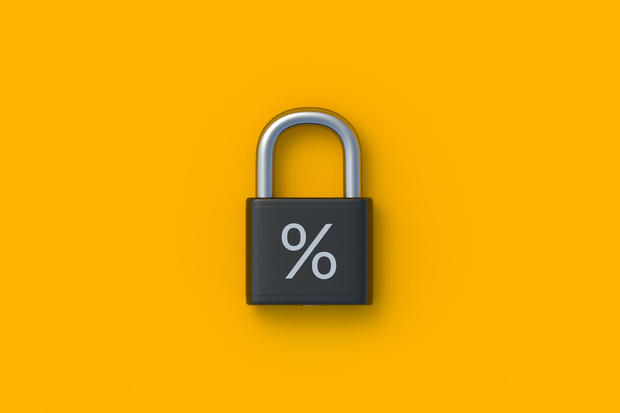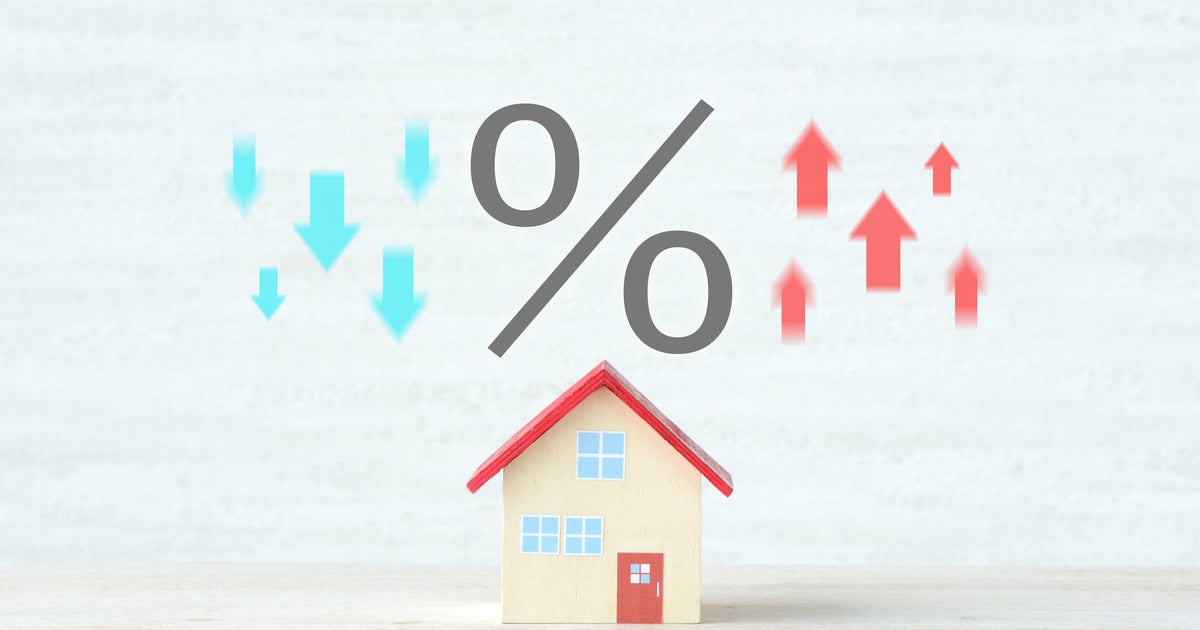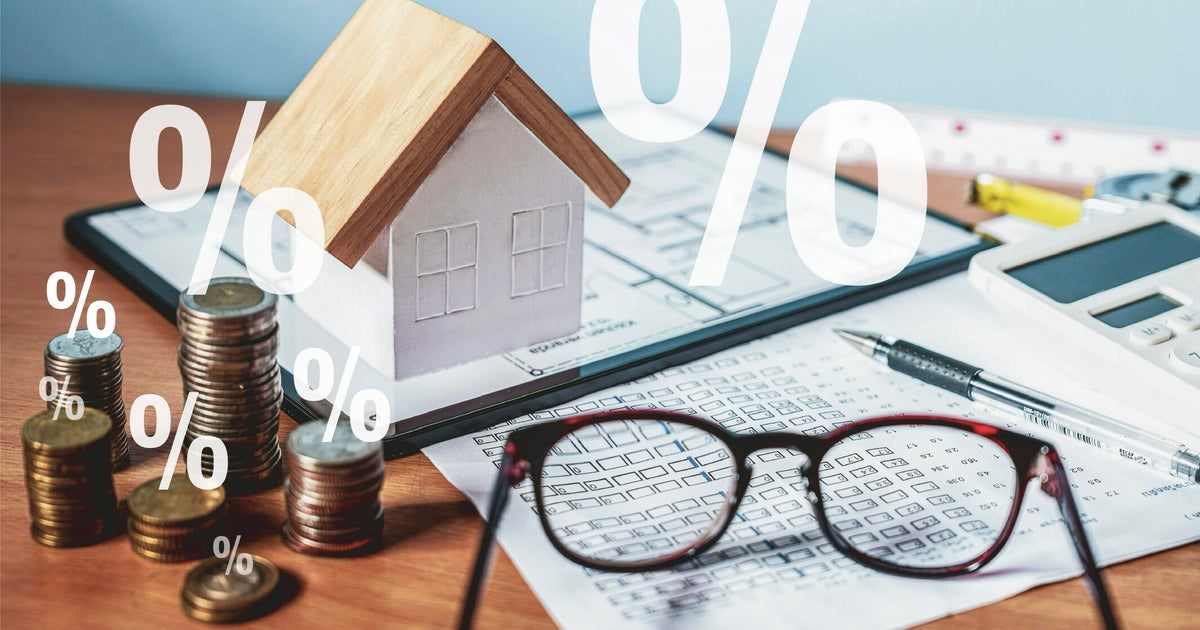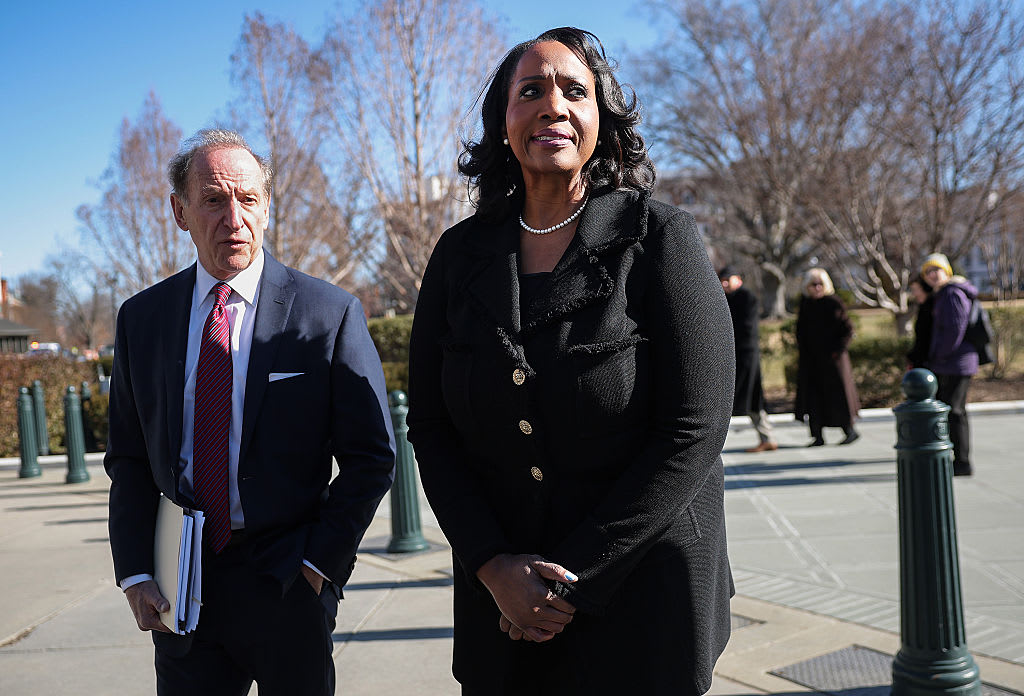Should you lock in a mortgage rate now? Experts weigh in
High mortgage rates and ever-rising home prices have made it hard for homebuyers lately. But with inflation falling and the Federal Reserve cutting rates, things are starting to get a bit easier. In fact, average mortgage rates just hit a two-year low, and judging by forecasts regarding the Fed's end-of-year moves, they're only going to get better from here.
It begs the question: Is it better to lock in today's rates and buy a house now? Or should you wait until rates fall further to dip your toes in the market? We asked some experts for their thoughts.
Not sure if now is the right time to act? See how low of a mortgage interest rate you could lock in here.
Should you lock in a mortgage rate now?
The answer to this question is a personal one, dependent on multiple factors. Here's what some experts suggest taking into account:
Can you afford it now?
Experts largely agree that if the numbers work for you now — meaning you can afford the rate and payment you qualify for today — then it's best to lock that rate and start the home search right away.
"When it comes to locking in a mortgage rate, the right time is really when you're ready," says Clint Jordan, a real estate agent and founder of Mil-Estate Real Estate Network.
For one, there's no guarantee that rates will fall. While forecasts largely call for further rate reductions, "There's no absolute certainty in financial markets," Jordan says, and "predicting mortgage rates is like predicting the weather next month. It's very tough to do accurately."
For this reason, experts recommend focusing on when the timing is right for you (maybe you need a bigger house as you welcome a new kid, for instance) and when the numbers make sense for your budget. "Trying to time the market is impossible," Jordan says.
Explore your current mortgage options online today.
Lower rates mean more competition
If rates drop further, it will inevitably bring more buyers into the market. That can increase bidding wars and drive up home prices, making for a more competitive landscape on the whole.
As Darren Tooley, a loan officer at Union Home Mortgage, explains, "The housing inventory issue is far from being fixed, and with a larger pool of potential buyers, that means more competition, which inevitably leads to having to offer well above asking price, offering appraisal guarantees, or anything else a hungry buyer can do to get their offer accepted."
These drastic measures could lead to increased prices that offset any rate reductions that have happened.
Put simply: "For buyers, it's better to get in early before competition heats up," says John Aguirre, a mortgage originator at Loantown.
By waiting, you miss out on wealth-building opportunities
Finally, waiting to lock your rate and buy a house has another repercussion: Lost equity.
"Interest rates may rise and fall, and while you can always refinance, what you can't recover is the equity and appreciation lost by delaying your purchase," Jordan says.
This is particularly true for renters, who Jordan says are paying a "100% interest rate, effectively."
"Take your monthly rent, multiply it by 12, and that's what you effectively throw away each year," he says. "Now, add a potential 6% annual appreciation on the home you're eyeing: that's the additional equity you're missing out on. Combine these costs, and you'll see the real financial impact of waiting another year. That's real money slipping through your fingers."
Refinancing is another story
If you're eyeing a refinance, the answer's not so easy. Since refinancing comes with closing costs, you'll need to run the numbers to make sure the rate reduction is enough to warrant the upfront costs of the loan. If it's not, then waiting for a lower rate might be best. If the rate on your current loan is particularly high, though, even small rate reductions can make a difference.
"Although rates will most likely continue to go down over the next year or longer, waiting to refinance carries a cost, especially if you pay 7% or higher on your current loan," Tooley says. "Waiting another month or two to save another .125% or .25% actually would most likely cost you more money than if you could pay off your 7% rate today."
At the bare minimum, experts say you should start working with a loan officer and getting an application in if a refinance is on your agenda.
"I am already flooded with refi inquiries," says Debra Shultz, vice president of lending at CrossCountry Mortgage. "I've been advising my clients to get their applications in now so we have plenty of time to get their appraisal and title ordered, loan approved and then sit back and relax as we evaluate the interest rate environment. We can pull the trigger on a rate lock when we feel they have come down enough to achieve a lower payment they're happy with."
The bottom line
If you're not sold on locking your rate right now, shop around for lenders that offer float-downs. As Shultz explains, "Some lenders offer a float-down option, allowing you to lock your rate, but adjust it downward if rates fall prior to closing." Typically, float-downs come with a fee, but if the rate reduction is enough, it can more than pay for itself over time. Talk to a loan officer if you need help deciding if a rate lock is smart in your situation, as well. They can run the numbers and make personalized recommendations based on your budget.




